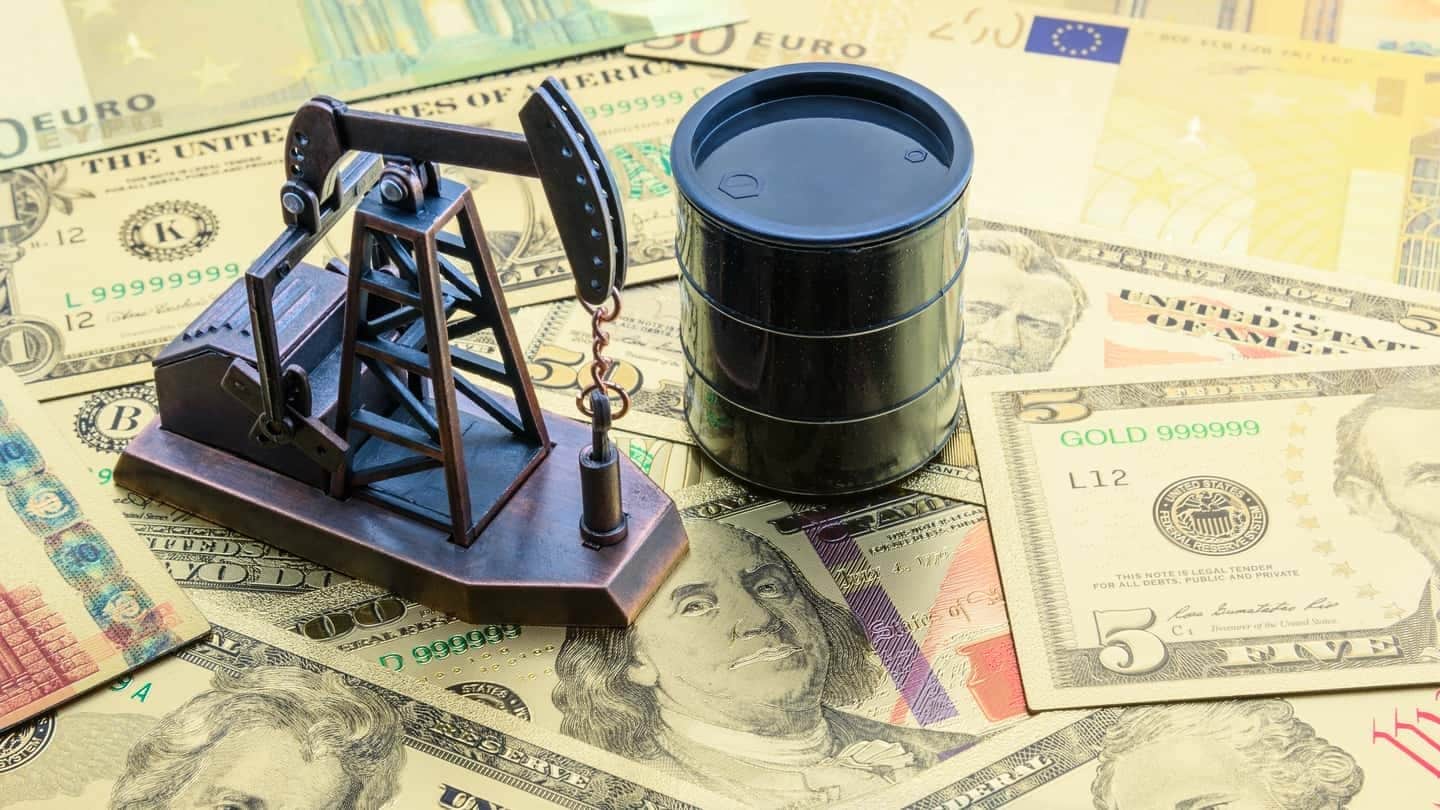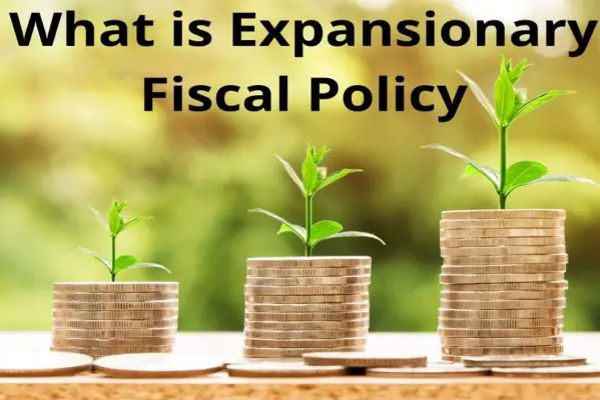Crude oil is often called the lifeblood of the modern economy due to its pivotal role in powering industries, fueling transportation, and serving as a fundamental component in numerous products.
Crude oil trading is a significant activity in global financial markets, offering opportunities for profit and influencing economic stability worldwide.
What Is Crude Oil?

Before getting ahead of ourselves, crude oil is a naturally occurring, unrefined petroleum product composed of hydrocarbon deposits and other organic materials. It is formed over millions of years from the remains of ancient marine organisms buried under layers of sediment and subjected to intense heat and pressure. This viscous, dark-coloured liquid is extracted from underground reservoirs using drilling techniques and is a foundational energy source in the modern world.
Once extracted, crude oil is transported to refineries where various processes separate it into usable products such as gasoline, diesel, jet fuel, heating oil, lubricants, and petrochemicals. These byproducts play a critical role in daily life, powering vehicles, running industrial machinery, and forming the building blocks of numerous synthetic materials, including plastics, fertilisers and textiles.
West Texas Intermediate (WTI) and Brent Crude are the most commonly traded crude oil. WTI, extracted from the U.S., is known for its light and sweet quality, making it ideal for gasoline production. Brent Crude, sourced from the North Sea, is slightly heavier and is used as a global price benchmark.
As mentioned, crude oil is a physical commodity and strategic asset influencing geopolitics, economic policies, and financial markets globally. Its value is shaped by global supply and demand dynamics, making it a central player in international trade and investment strategies.
Understanding What Is Crude Oil Trading
In short, crude oil trading involves buying and selling crude oil or related financial instruments with the objective of making a profit. Given crude oil's status as a widely utilised commodity, its extraction and refinement are complex.
Coupled with its limited availability and the geopolitics surrounding it, oil prices experience substantial fluctuations. Traders aim to capitalise on these price movements to generate returns. Oil can be traded through various methods, with futures contracts being the most common.
Methods of Trading Crude Oil
Traders can engage in crude oil trading through various avenues:
Futures Contracts: As previously discussed, futures involve agreements to buy or sell oil at a future date for a predetermined price. This method allows traders to hedge against price changes or speculate on future price movements.
Options Contracts: Options provide the right to buy or sell oil at a set price within a specific period, offering flexibility in trading strategies.
Contracts for Difference (CFDs): CFDs allow traders to speculate on price movements without owning the physical commodity, often with the benefit of leverage.
Exchange-Traded Funds (ETFs): ETFs track the price of oil or a basket of oil-related assets, providing an accessible way for investors to gain exposure to the oil market without engaging in direct trading.
Factors Influencing Crude Oil Prices
Several factors contribute to the volatility of crude oil prices:
Supply and Demand Dynamics: Fundamental economic principles dictate that an increase in demand or a decrease in supply can lead to higher prices and vice versa. Production levels, consumption rates, and global economic health also significantly impact these dynamics.
Geopolitical Events: Political tensions, conflicts, and policy decisions in oil-producing regions can disrupt supply chains, leading to price volatility. For instance, sanctions or conflicts in the Middle East often result in supply concerns, affecting global prices.
OPEC Decisions: The Organization of the Petroleum Exporting Countries (OPEC) plays a significant role in determining global oil supply. Decisions regarding production quotas can influence prices by altering supply levels.
Market Speculation: Traders' perceptions and speculative activities can lead to price fluctuations. Anticipation of future events, economic indicators, and market sentiment contribute to speculative trading behaviours.
How Can You Make a Profit in Crude Oil Trading?

One of the most common methods is through futures contracts, which are standardised agreements to buy or sell a specific quantity of oil at a predetermined price and date. By speculating whether oil prices will rise or fall, traders can enter long or short positions to profit from the market's direction.
Another way to earn from crude oil is by trading options on futures, which provide the right — but not the obligation — to buy or sell futures contracts. This strategy allows for more flexibility and can be used to hedge risks or enhance speculative opportunities. Additionally, exchange-traded funds (ETFs) and contracts for difference (CFDs) offer accessible alternatives for retail traders who prefer not to deal with the complexities of futures markets. These instruments mirror oil price movements without requiring the physical delivery of the commodity.
Crude oil stocks, such as those of major oil-producing companies, also provide profit potential. Investors can benefit from share prices and dividend payouts. When oil prices rise, the profitability of these companies generally improves, leading to higher stock valuations. This method combines the advantages of equity investing with exposure to the energy sector.
Timing is also crucial in crude oil trading. Market participants monitor geopolitical developments, supply chain disruptions, OPEC decisions, inventory levels, and economic indicators like GDP growth or industrial output. By analysing technical charts and applying tools like moving averages, RSI, MACD, and Fibonacci retracement levels, traders attempt to identify entry and exit points with a high probability of success.
The Significance of Crude Oil in the Global Economy
Crude oil trading holds immense value for several reasons:
Economic Significance: Crude oil is a primary energy source in fueling transportation, heating, and electricity generation. Its derivatives are also fundamental in producing plastics, chemicals, and other essential products.
Investment Opportunities: The volatility in oil prices presents opportunities for investors and traders to profit from price movements. Instruments like futures and options allow for strategic positioning based on market forecasts.
Portfolio Diversification: Including commodities like crude oil in an investment portfolio can provide benefits, potentially reducing overall risk due to the low correlation of commodities with traditional asset classes.
Hedging Mechanism: Companies that rely heavily on oil, such as airlines and manufacturing firms, use crude oil trading to hedge against price fluctuations, ensuring more predictable operational costs.
Conclusion
In conclusion, crude oil trading is a complex yet vital component of the global financial landscape. Its significance is underscored by its crucial role in various industries and its impact on economies worldwide.
As with any form of trading, thorough research, continuous education, and prudent risk management are key to navigating the volatile world of crude oil trading with profit.
Disclaimer: This material is for general information purposes only and is not intended as (and should not be considered to be) financial, investment or other advice on which reliance should be placed. No opinion given in the material constitutes a recommendation by EBC or the author that any particular investment, security, transaction or investment strategy is suitable for any specific person.








